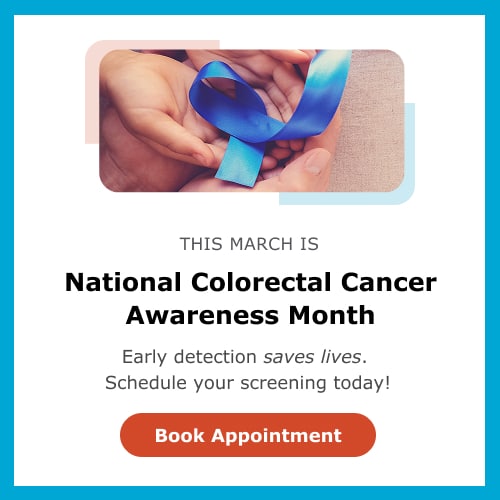Data from the past 30 years shows that US influenza cases typically peak in February, so the worst may be yet to come. While it’s not too late to get the flu immunization from your local primary care physician (PCP), you need to know which steps to take if you do end up with the flu this season. We’re here to help with advice on recognizing a case of the flu, how to treat the flu at home and when it’s time to visit your PCP for medical treatment.
Are You Safe if You’ve Had the Flu Vaccine?
You need to get your flu shot every flu season, which runs roughly from October to April. Unlike other infectious illnesses, such as tetanus or measles, the influenza strains change from year to year. Unfortunately, this fact means that a single immunization will not protect you for multiple years.
Even if you’ve had your flu shot this season, you are not guaranteed immunity from the flu. Scientists do their best to predict which flu strains will be prevalent during each flu season and formulate flu vaccines accordingly. However, your vaccine may not protect against every flu strain out there. Also, flu vaccine effectiveness is not 100%, particularly in people age 65 and older. Therefore, it is possible to contract the flu even if you’d had your seasonal flu immunization.
Identifying the Flu
The flu shares many symptoms with another frequently encountered winter ailment, the common cold. How do you tell the difference? Both of these illnesses are largely respiratory in nature, and both are caused by viruses, but flu symptoms are generally more intense than cold symptoms. Also, colds tend to come on gradually, while flu symptoms often arrive abruptly.
More specifically, colds usually produce more nasal symptoms – sneezing and a runny nose – than the flu. Additionally, the flu causes fevers, chills, headaches, and body aches more frequently than colds. The CDC has provided a useful chart here that further delineates the different symptoms. If necessary, your PCP will likely be able to tell if your illness is the flu. They can identify the symptoms and also have access to viral flu tests.
How to Treat the Flu at Home
If you suspect you have the flu, there are some simple home remedies to help you get thru it, including:
- – Get Rest & Increase Fluids: Don’t try to push yourself to go to work, run errands, etc. These activities will only prolong your illness and expose others to the flu. Instead, rest and take it easy. It’s also important to stay hydrated by drinking plenty of fluids given that the risk of dehydration is much higher with fevers.
- – Include Over-the-counter medication.You can take over-the-counter pain relievers for aches as well as fever-reducing medications, but do not give aspirin to anyone under the age of 18.
- – Cough suppressants & saltwater gargles.Cough drops, throat lozenges and hard candy can be soothing and effective at easing a flu-related cough and sore throat. Combined with saltwater gargles to get rid of “yuck” at the back of the throat, the two can help ease some of the more uncomfortable flu symptoms.
- – Maintain Good Hand Hygiene.Use good hand hygiene and cover your cough and/or sneezes with your elbow, not your hands.
When to See Your Doctor for the Flu
Most people recover from the flu on their own with no lasting problems. However, certain patients should always see their doctors if they develop flu-like symptoms. These groups include those 65 years and older, pregnant women, young children, and people with compromised immune systems or chronic diseases such as diabetics and asthmatics. These individuals have an increased chance of complications from the flu and need to be under a medical professional’s care.
Even if you’re not in one of the groups mentioned above, you should see your PCP if you develop certain symptoms. These symptoms include difficulty breathing, persistent or high fever, trouble swallowing, and colored nasal discharge. The flu can be deadly in certain situations, and it can also increase your susceptibility to other serious illnesses like pneumonia, bronchitis, and sinus infections. If you experience chest pain, extreme difficulty breathing, or very high fever, call 911 immediately as these events are medical emergencies.
Do not hesitate to contact a doctor if you’re experiencing any trouble with the flu or any other illness. They may prescribe antiviral drugs to shorten your convalescence, and they can certainly help by recommending supportive measures to make the flu more bearable. Remember to get your flu shot every season to maximize your chances of avoiding the flu altogether.
Looking For a Primary Care Doctor in Connecticut?
PACT Primary Care is Accepting New Patients!
Locations throughout Connecticut in Guilford, Hamden, Madison, Milford, New Haven, Orange, West Haven and Wallingford.
To schedule an appointment, request an appointment online here or call a local center near you.








